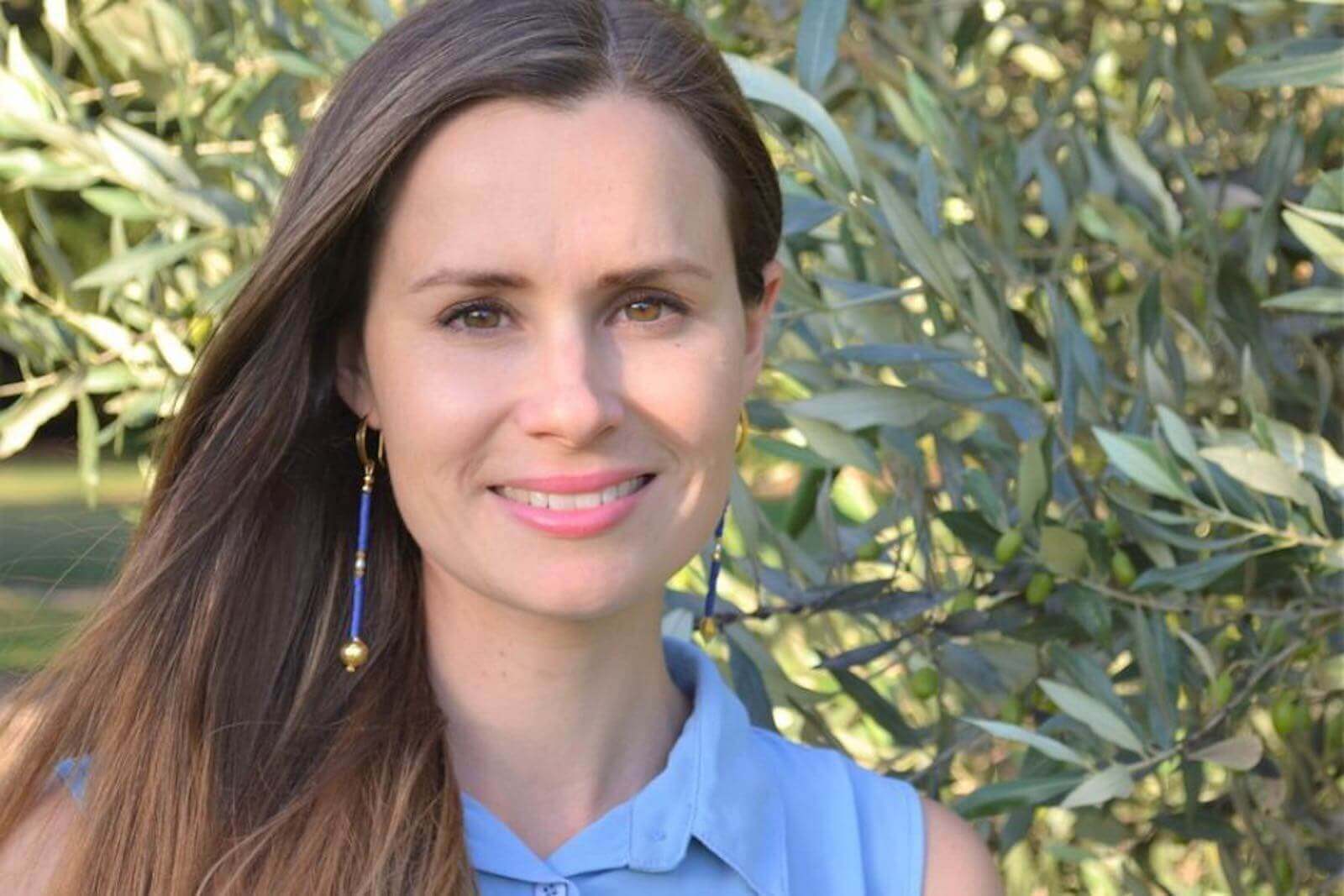Iran has released British-Australian academic Kylie Moore-Gilbert, who has been detained in Iran for over two years, as part of a prisoner swap involving three Iranians being held abroad.
Moore-Gilbert was a lecturer on Middle Eastern studies at the University of Melbourne and was arbitrarily detained at the Tehran airport in 2018 following her attendance at a conference in the capital. She was then sent to the Evin Prison on charges of espionage. The academic, whose health has been deteriorating over the last few months, has previously gone on hunger strikes and even written to Australian Prime Minister Scott Morrison to secure her release, saying that she was being subjected to “grievous violations” of her basic rights. The Australian foreign ministry previously released a statement saying, “We do not accept the charges upon which Dr Moore-Gilbert was convicted, and want to see her returned to Australia as soon as possible.”
She was visited by Australia’s ambassador to Iran, Lyndall Sachs, in October, when it was revealed that she had been transferred to the Qarchak prison, which is situated in the desert. She was then transferred back to the Evin prison, prompting fears about his health, as the Qarchak women’s prison is blacklisted by United Nations human rights sanctions and is infamous for the mistreatment of political prisoners.
Although it is not immediately clear what the three Iranians involved in the deal were being held for, it is said that they had sought to “bypass” international sanctions. At the time, their names have not been released, although Iranian state media has said that Moore-Gilbert was released in exchange for one Iranian businessman and two Iranian citizens.
Despite releasing the lecturer, however, Iran has not relented in its characterization of her, with the Young Journalist Club, a news website with ties to the state-owned news outlet, saying that Moore-Gilbert was a “dual national spy” who “worked for the Zionist regime”.
Promisingly, this is not the first prisoner exchange that Iran has agreed to this year. In March, French President Emmanuel Macron announced that Iran had released French researcher Roland Marchal, who had been held in the country since June 2019 on charges of “plotting against national security”. He was released in exchange for Iranian engineer Jallal Rohollahnejad.
Likewise, US Navy veteran Michael White and British-Iranian Nazanin Zaghari-Ratcliffe, who works for Thomson Reuters, were also released this year. White was released in return for Iranian physician Majid Taheri, who was held in the US for 16 months for violating US sanctions by attempting to export a filter to Iran that he claimed was for vaccine research; the US, however, countered that he lacked the necessary license to do so, as it could plausibly be used for “chemical and biological warfare purposes”. Similarly, last December, Iran released US academic Xiyue Wang in exchange for Iranian scientist Massoud Soleimani.
Iran, for its part, has said, “If it is possible to swap prisoners, we are ready to set free the people in the United States’ jails and bring them back to the country.” In fact, Foreign Ministry spokesperson Abbas Mousavi has said that “this can happen for all prisoners”. This point was reiterated by Foreign Minister Javad Zarif in September, when he said, “I repeat, we can exchange all prisoners. Period.”
At this stage, Iran continues to hold several foreign prisoners within its borders. For example, Iranian-American businessman vvvx was detained in Iran in October 2015, and then, his father, Baquer, was also detained when he came to visit his son in 2016. Both have been charged with collaborating with a foreign government. Furthermore, in 2018, Iran arrested nine members of the Persian Wildlife Heritage Foundation (PWHF) who hold American and British citizenship.
France, too, is still fighting to secure the release of Fariba Adelkhah, who interestingly the research partner of Roland Marchal, who was released earlier this year. Both were detained at the same time, however, Adelkhah, who has been charged with “propaganda against the system” and “colluding to commit acts against national security”, continues to remain behind bars.
Tensions between Iran and the US and its allies continue to remain tense following an American drone strike on Iranian General Qasem Soleimani in January.
Tehran Releases British-Academic Held for Two Years in Exchange for Three Iranians
Kylie Moore-Gilbert was arbitrarily detained on charges of espionage at the Tehran airport in 2018 following her attendance at a conference in the capital.
November 26, 2020

IMAGE SOURCE: UNIVERSITY OF MELBOURNEBritish-Australian academic Kylie Moore-Gilbert
